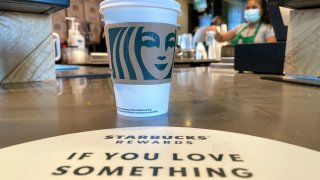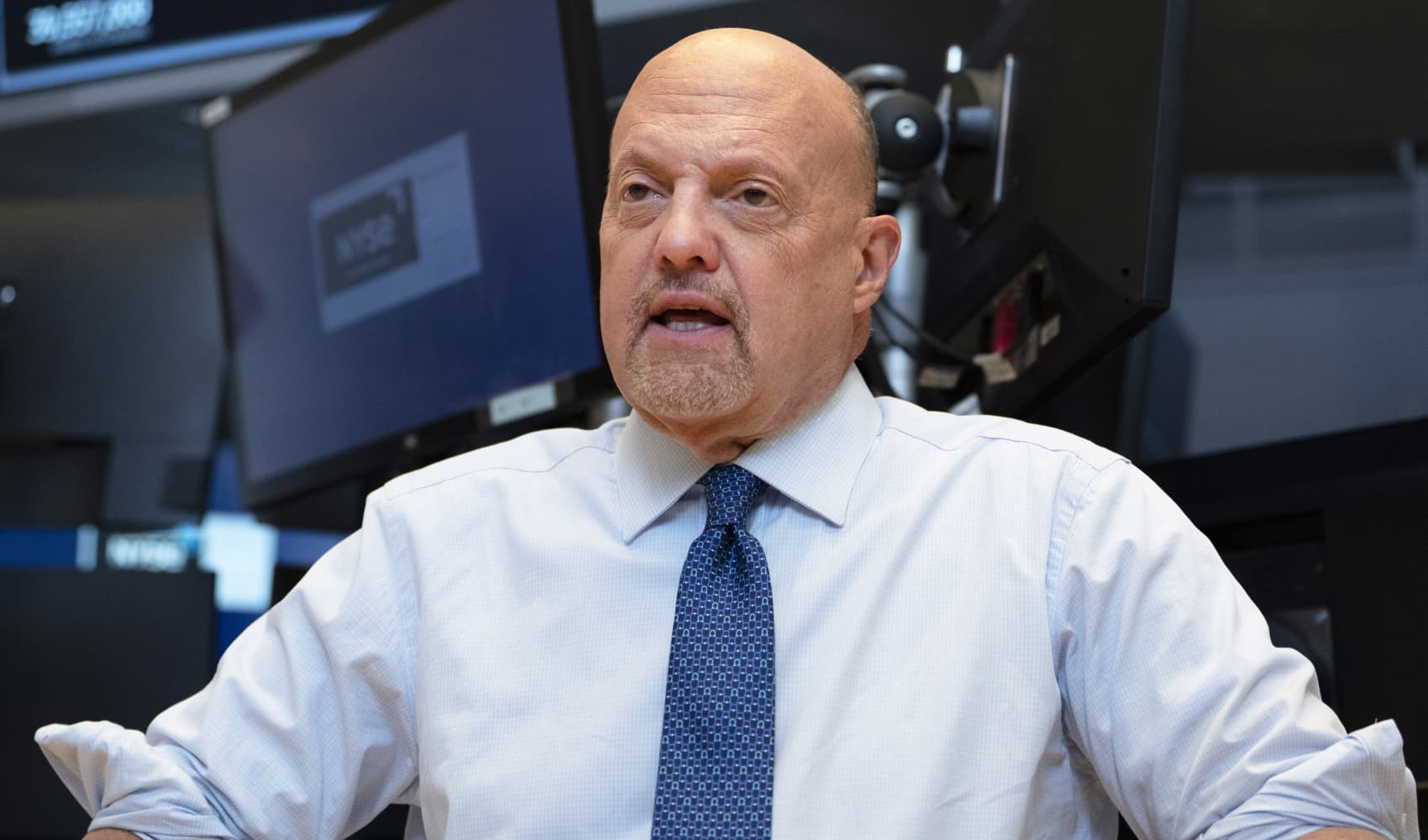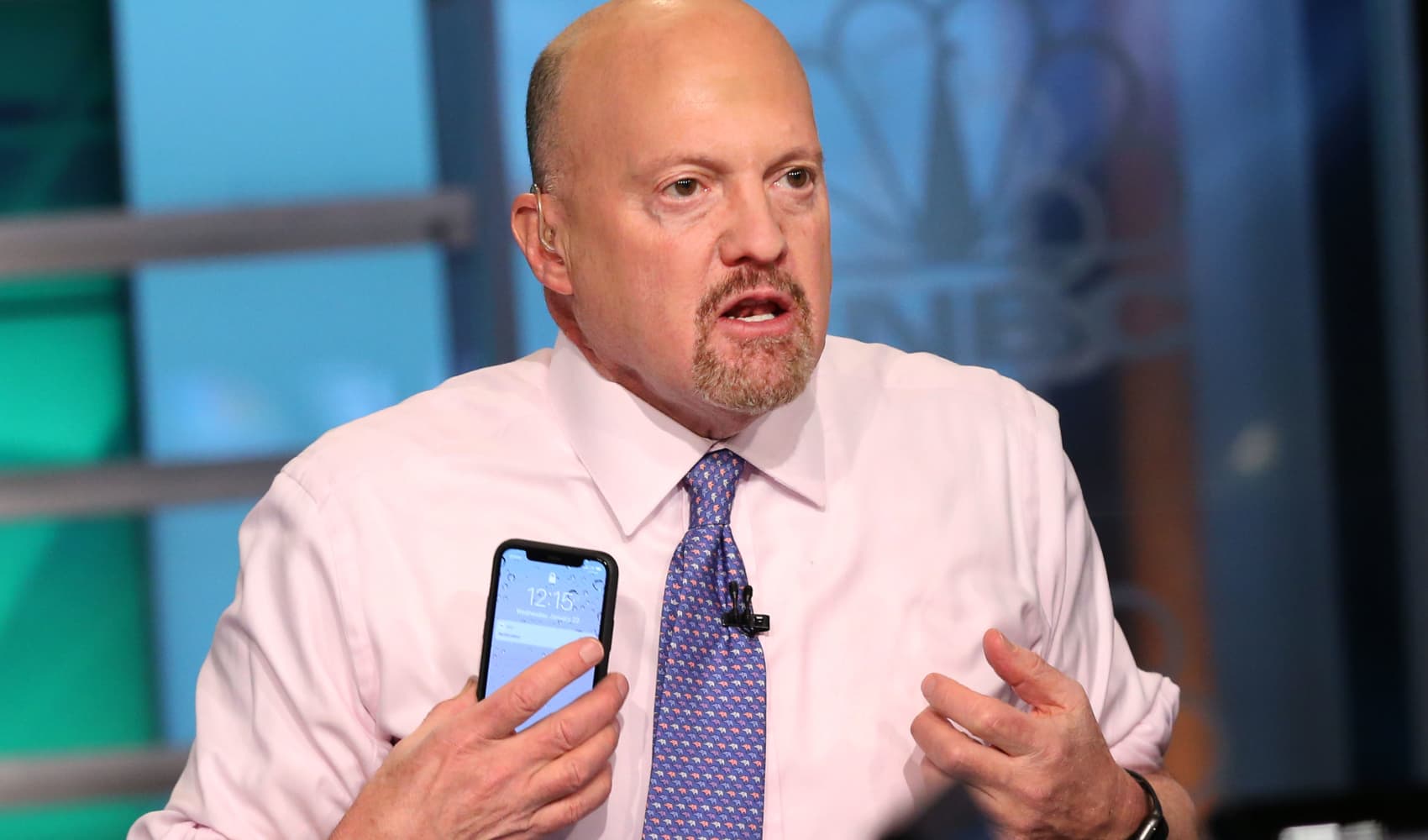
- Starbucks earnings fell short of Wall Street's expectations, but the company's quarterly revenue topped estimates.
- The company saw higher-than-expected costs throughout its supply chain, and a resurgence of Covid-19 meant paying more employees sick leave.
- China's same-store sales fell 14% in the quarter as the country reimposed travel restrictions on some areas.
Starbucks on Tuesday said higher costs are weighing on profits, leading the company to miss quarterly earnings estimates and cut its earnings outlook for fiscal 2022.
But investors were expecting a much gloomier forecast. Shares of the company were down as much as 5% in extended trading before rebounding after executives shared their revised projections. The stock was recently down less than 1%.
Get Tri-state area news and weather forecasts to your inbox. Sign up for NBC New York newsletters.
Here's what the company reported for the quarter ended Jan. 2 compared with what Wall Street was expecting, based on a survey of analysts by Refinitiv:
- Earnings per share: 72 cents adjusted vs. 80 cents expected
- Revenue: $8.05 billion vs. $7.95 billion expected
The coffee giant reported fiscal first-quarter net income of $815.9 million, or 69 cents per share, up from $622.2 million, or 53 cents per share, a year earlier.
Money Report
Excluding items, Starbucks earned 72 cents per share, falling short of the 80 cents per share expected by analysts surveyed by Refinitiv. The company cited higher-than-expected costs throughout its supply chain and more employees using sick leave. Those problems are hitting the rest of the industry as well.
Starbucks CEO Kevin Johnson said on the company's earnings call that he is anticipating higher inflation for the rest of the year, too. Likewise, supply chain issues are also expected to be an issue. As a result, Starbucks is planning more price hikes after already raising prices in October and in January.
Net sales rose 19% to $8.05 billion, topping expectations of $7.95 billion. Its global same-store sales climbed 13% in the quarter.
Despite staffing issues, the company reported U.S. same-store sales growth of 18% from a year earlier and 12% on a two-year basis. Active 90-day users of its Starbucks Rewards program rose 21% to 26.4 million people.
The holiday season typically brings consumers back to its cafes for gift cards. During the quarter, shoppers spent more than $3 billion adding or reloading money to gift cards.
Outside the U.S., Starbucks saw weaker demand for its coffee. International same-store sales fell 3%, dragged down by China's sluggish performance. Wall Street analysts surveyed by StreetAccount were forecasting international same-store sales growth of 3.3%.
In China, its second-largest market, same-store sales shrank by 14% in the quarter. The country reimposed travel restrictions on some cities as it faced another wave of Covid cases.
China's recovery could be further delayed. Unlike the United Kingdom and U.S., China didn't see cases of the omicron variant until early January, and its surge is just now starting. On top of that, the Winter Olympics, which are hosted in Beijing this year, mean the country is being particularly cautious to curb the spread.
For fiscal 2022, Starbucks updated its earnings outlook, citing increased costs due to omicron. It now expects GAAP earnings per share to fall by a range of 4% to 6% and adjusted earnings per share to rise by 8% to 10%. Last quarter, it said it was anticipating GAAP earnings per share to fall by 4% and adjusted earnings per share to rise by at least 10%.
For the fiscal year, Starbucks expects that its margins will see a hit of about 2% due to factors including inflation, the costs of training new baristas and Covid pay. By fiscal 2024, Starbucks predicts that its margins will be back to its long-term goal of 18% to 19%. The company had previously said it would return to its long-term margin target by fiscal 2023.
The company reiterated its revenue outlook of $32.5 billion to $33 billion.
Read the full earnings release here.






